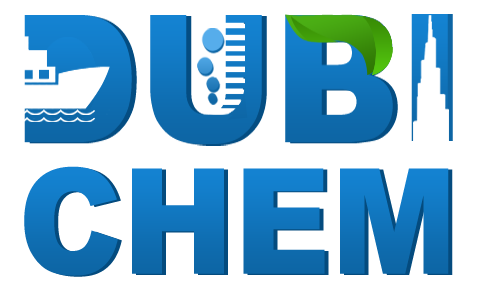A cleansing agent: such as. A soap. b any of numerous synthetic water-soluble or liquid organic preparations that are chemically different from soaps but are able to emulsify oils, hold dirt in suspension, and act as wetting agents.
What are detergents?
Often we use the words "soap" and "detergent" interchangeably, but really they're quite different things. A detergent is a chemical substance you use to break up and remove grease and grime, while soap is simply one kind of detergent. Soap has a long history and was originally made from purely natural products like goat's fat and wood ash. Today, detergents are more likely to be a mixture of synthetic chemicals and additives cooked up in a huge chemical plant and, unlike traditional soap, they're generally liquids rather than solids. Detergents are used in everything from hair shampoo and clothes washing powder to shaving foam and stain removers. The most important ingredients in detergents are chemicals called surfactants—a word made from bits of the words surface active agents.
How Detergents work
The cleverest part of a washing machine isn't the drum or the drive belt, the electric motor that spins it around or the electronic circuit that controls the program: it's the detergent (soap powder or liquid) you put in right at the start. Water alone can't clean clothes because it won't attach to molecules of grease and dirt. Detergent is different. The surfactants it contains are made of molecules that have two different ends. One end is strongly attracted to water; the other is attracted to oily substances like grease.
1. Suppose you got some grease on your favorite jeans. No problem! Throw them into the washing machine with some detergent and this is what happens:
2. During the wash cycle, the surfactant (represented here by the orange blob) mixes with water.
3. The grease-loving ends of the surfactant molecules start to attach themselves to the dirt on your jeans (shown by the brown blob on the leg). The tumbling motion beats your jeans about and breaks the dirt and grease into smaller, easier-to-remove pieces.
4. During the rinse cycle, water molecules (blue blob) moving past attach themselves to the opposite, water-loving ends of the surfactant molecules.
5. The water molecules pull the surfactant and dirt away from the jeans. During the final spin, the dirty water flushes away, leaving your jeans clean again!
Dubichem chemicals international is a leading supplier, manufacturer and exporter of detergent in Dubai, Ajman, Abu Dubai, Sharjha, Fujairah, Turkey, Saudi Arabia, Qatar, Kuwait, UAE, Oman, Iraq, Singapore, Malaysia, Indonesia, Lebanon, Greece, India, Sudan, Ghana, Madagascar, Kenya, Nigeria, Zimbabwe, at Dubichem@gmail.com and for more related products visit www.dubichem.com.
